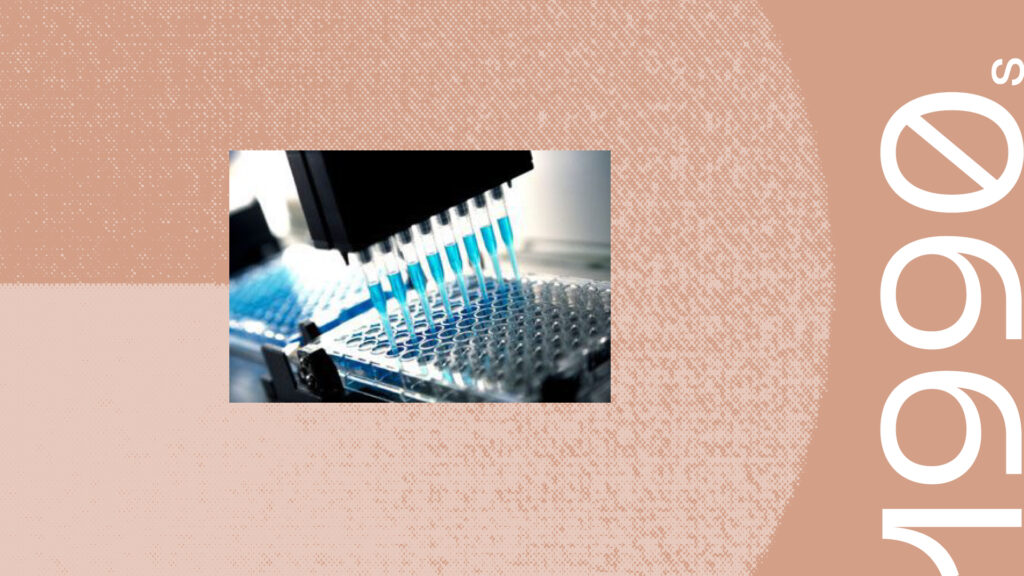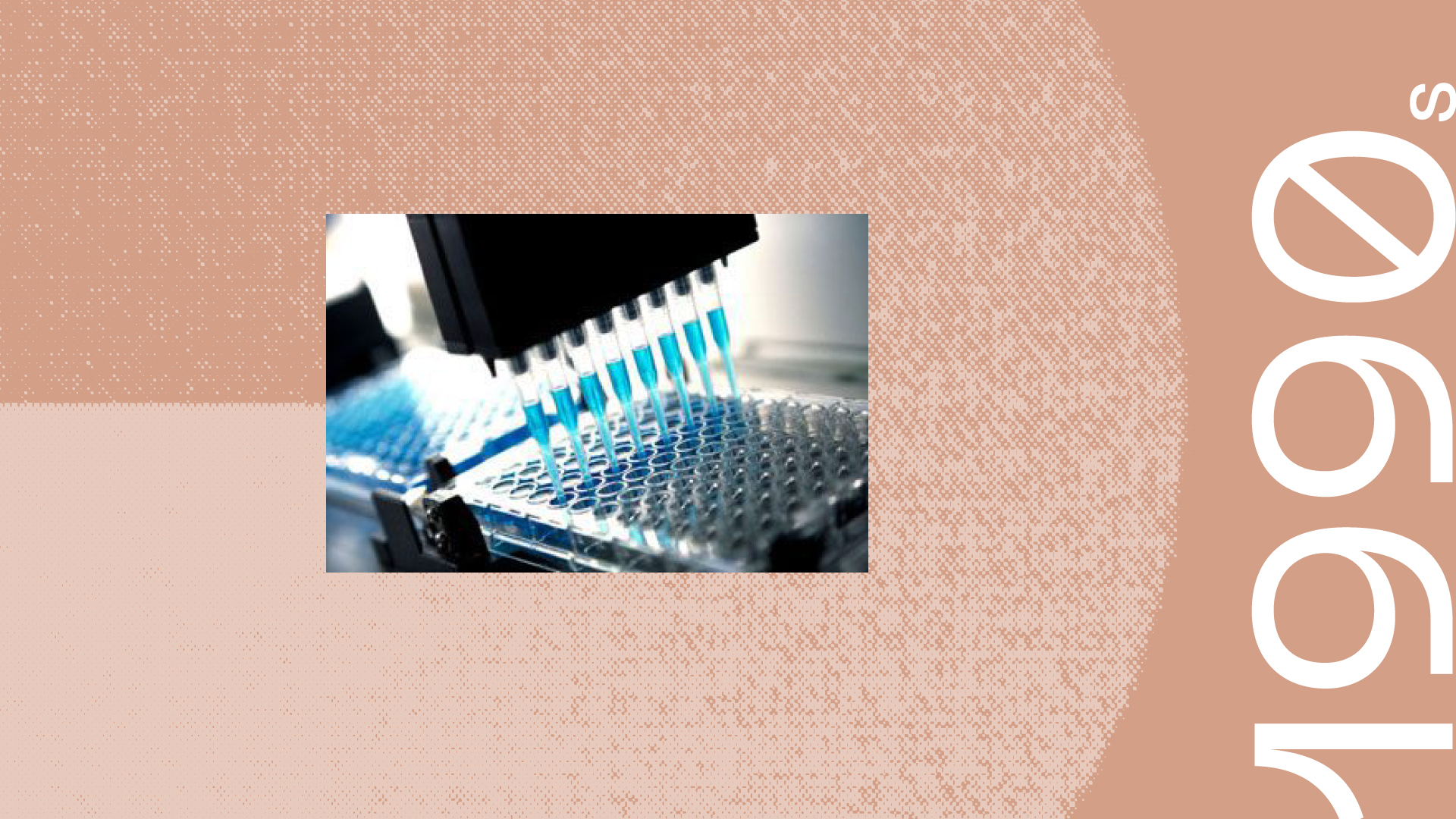
SRI and the La Jolla Cancer Research Foundation (now the Sanford-Burnham Research Institute) collaborated on work that resulted in patent filings for the drug bexarotene, approved in 1999 by the Food and Drug Administration to treat cutaneous T-cell lymphoma—a rare disorder of the immune system where T-cells, a type of white blood cell that fights infections and other diseases, become cancerous and affect the skin and blood.
Potential Alzheimer’s Treatment
Following the drug’s use for a number of years in the treatment of cancer, bexarotene gained controversial interest as a potential treatment for Alzheimer’s disease. In 2012, researchers at Case Western Reserve University discovered that bexarotene reduced amyloid protein levels in the brain (long considered a factor in Alzheimer’s), and also reversed cognitive deficits in preclinical models of the disease. Subsequent preclinical studies have downplayed the level of effect, but human clinical trials have been initiated.
Development and Licensing
Bexarotene (trade name Targretin) was developed by the San Diego biotech company, Ligand, which subsequently licensed worldwide rights to a Japanese pharmaceutical company, Eisai, in 1999. It is now marketed in the U.S. by the Canadian pharmaceutical company, Valeant, which acquired rights to the drug from Eisai in 2013. Eisai continues to market the drug in other countries.



